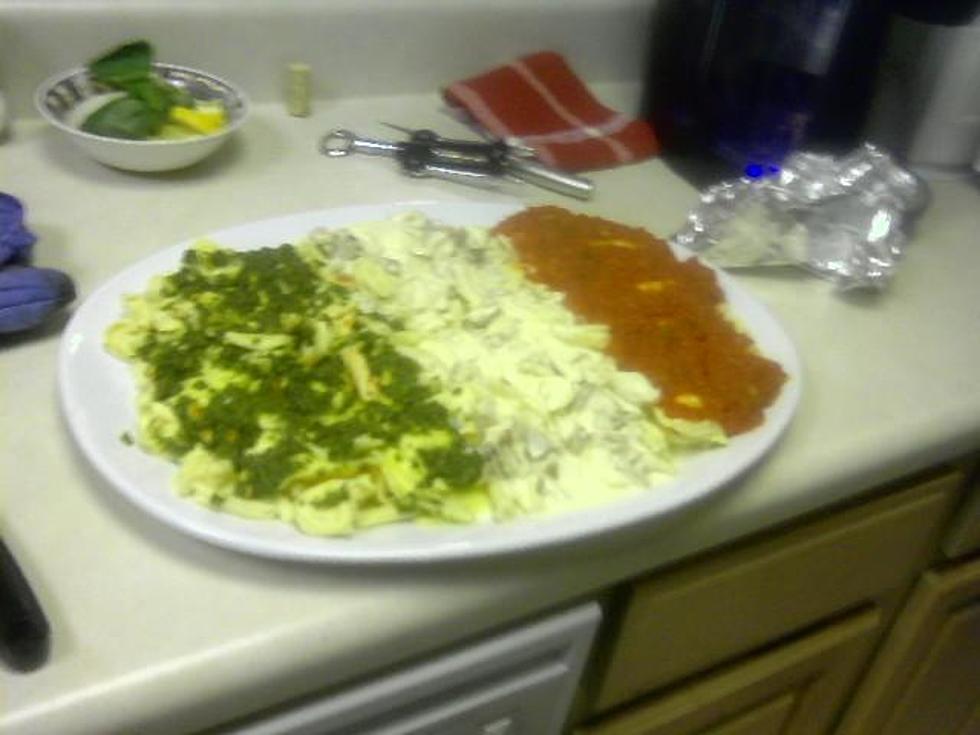
Radioactive radon gas could be in your home — have you tested?
January is Radon Action Month in New Jersey and across the country. It's a time for homeowners to consider testing for radon levels.
Radon is an odorless, tasteless and colorless gas that can enter a home through foundation cracks, or through joints in the foundation that are in contact with the ground. It's a radioactive gas that comes from the breakdown of naturally occurring radium in the soil and rock.
Anita Kopera, supervisor of the New Jersey Department of Environmental Protection's Radon Section, said concentrations of 4 picocuries per liter or higher can be unhealthy.
Radon is the second leading cause of lung cancer in smokers, after cigarette smoking. For non-smokers, it is the leading cause of lung cancer.
"We recommend that everyone in New Jersey test their home for radon. Depending on the uranium concentration in the soil, your home may be higher or lower than your neighbor's," Kopera said.
"The northwestern part of New Jersey has the 'Reading Prong' running through it. So Sussex, Warren, Morris, Somerset and Hunterdon Counties all have a greater number of homes that have a high radon concentration," she said.
Kopera said the testing process is a simple one.
"The tests can be obtained from hardware stores or home centers, or from a New Jersey certified business," she said.
And she says if your home tests high for radon, remediation is also simple. More information is at njradon.org, and the state's radon information line is 800-648-0394.
More from New Jersey 101.5:
Joe Cutter is the afternoon news anchor on New Jersey 101.5.
More From New Jersey 101.5 FM









